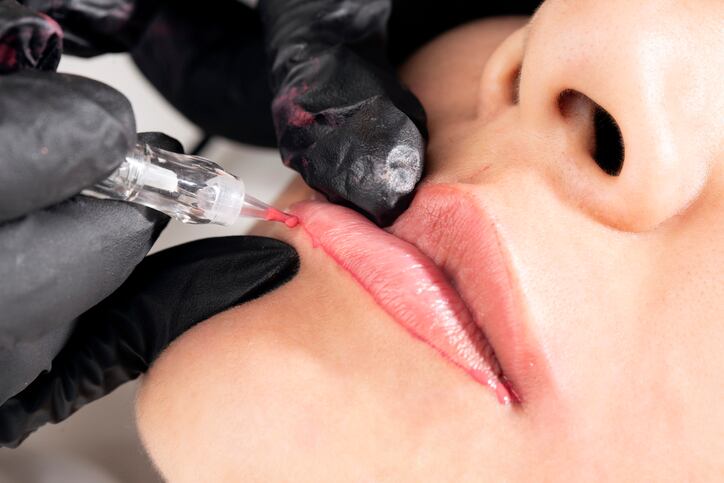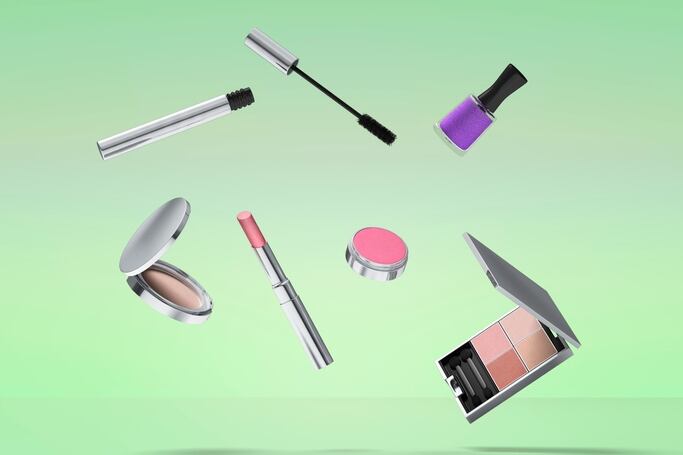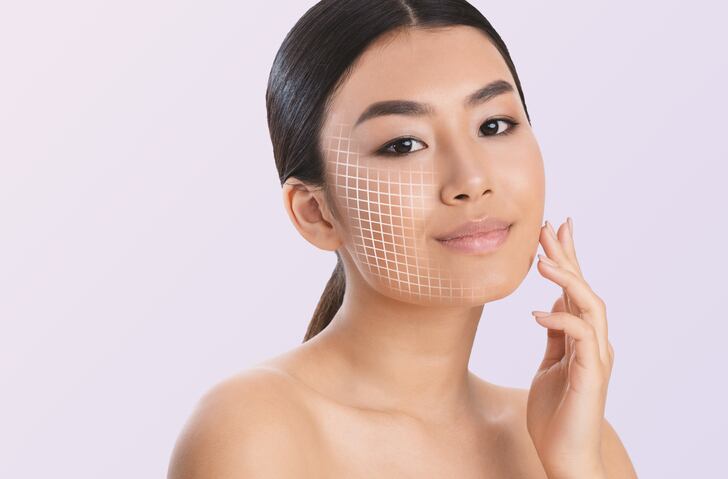Humans have tattooed themselves for millennia, and in recent years there has been an increasing trend in tattooing a permanent makeup look. If someone wants their permanent makeup tattoo removed, one option is a liquid-based remover.
A research team out of Greece, Andreou et al, published a paper in Cosmetics exploring the effectiveness of a plant-based liquid permanent makeup remover.
“Permanent makeup such as eyeliner, brow liner, and lip liner has become increasingly popular throughout the world,” Andreou et al said. “The popularity of permanent makeup has increased the number of permanent makeup artists all over the world and permanent makeup applications but has also led to an increased demand for its removal.”
Permanent makeup and removers 101
The main difference between tattoo ink and permanent makeup is the particle size of the pigments. Tattoo ink is placed deep in the dermis and has particles small enough that they won't be broken down over a lifetime, while permanent makeup has larger particles that fade in a few months or years.
Additionally, unlike many other tattoos, Andreou et al said laser tattoo removal is not an option for all permanent makeup tattoos because of face skin sensitivity and laser-associated side effects. As an alternative, liquid removers which are applied like the tattoo itself are available.
“Although the PMU is very popular, there is also a high degree of dissatisfaction… due to many low-quality applications,” Andreou said. “PMU application to the face is a relatively easy procedure, but its removal is a difficult task.”
While many liquid removers advertise plant extracts or organic content, Andreou et al said the products do not fall under cosmetics legislation and do not have to list their ingredients. While the EU has created legislation around tattoo and permanent makeup ingredients, little is known about liquid remover ingredients and purity.
Plant-based decolorization potential
Andreou et al created a permanent tattoo removal solution from polyphenol oxidate derived from mushroom and pelargonium zonale plant extract, more commonly known as a horseshoe geranium.
Horseshoe geranium is often used as a decorative perennial plant, but research has indicated it may have antioxidant, antibacterial, immunomodulatory, topical hemostatic, and anti-sickling properties.
The research team found the plant-based decolorization solution was most effective with permanent makeup made with inorganic colorants but had weak effectiveness against those made with organic colorants.
Andreou et al added because the plant-based ingredients have antioxidant potential they may have cosmetic purposed past simply decolorization of permanent makeup in the removal process.
“The antioxidant potential of the plant extract used may diminish the harmful effects of POS and contribute to the overall skin treatment during the decolorization procedure,” Andreou et al said. “The use of plant-originated material as permanent makeup decolorization agents is of great interest as a safe alternative to laser treatments and might represent a ‘new’ step in the field.”
Source: Cosmetics
Author: Eleni Andreou et al
Title: Permanent Make-Up (PMU) Inks Decolorization Using Plant Origin Materials
Cosmetics 2022, 9(3), 48; https://doi.org/10.3390/cosmetics9030048



